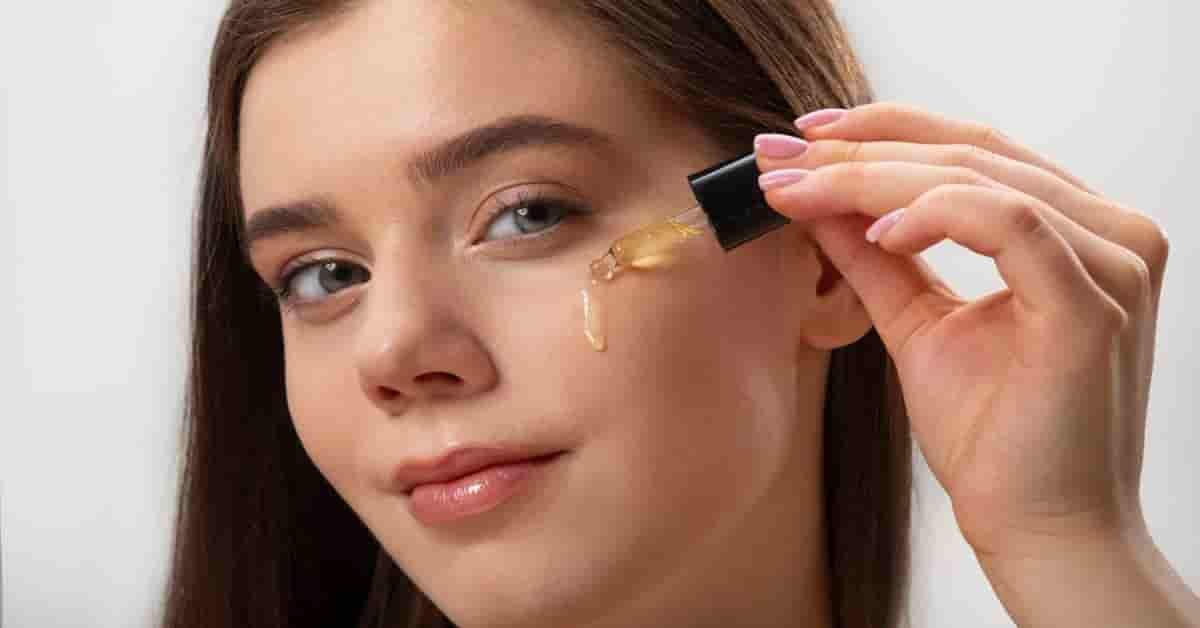Key Points About Retinol
- Retinol, derived from Vitamin A, offers solutions for acne, aging, and skin rejuvenation.
- Over-the-counter options up to 2% concentrations are available, making it accessible.
- Known for promoting cell turnover and collagen production, it helps achieve a brighter and smoother complexion while addressing wrinkles and hyperpigmentation.
- Start with lower concentrations and apply slowly to minimize risks.
- Always use sunscreen when incorporating retinol into your routine.
What is Retinol?
Retinol is a type of retinoid derived from Vitamin A. Unlike its stronger prescription counterparts (like tretinoin), retinol is available over-the-counter in lower concentrations, often ranging up to 2%. It allows individuals to experience the powerful effects of retinoids in a milder and more manageable manner.
How Does Retinol Benefit the Skin?
1. Acne Treatment
- Prevents clogged pores: Retinol reduces skin cell buildup, helping to keep pores clear.
- Minimizes inflammation: It inhibits pathways involved in skin inflammation, reducing redness and swelling.
2. Anti-Aging Properties
- Boosts skin renewal: Retinol accelerates cell turnover, revealing fresh and brighter skin.
- Promotes collagen production: By increasing collagen synthesis, it smoothens fine lines and wrinkles and plumps the skin.
3. Treats Sun Damage
- Reduces hyperpigmentation: Faster cell regeneration brightens uneven skin tones caused by UV damage.
- Strengthens skin: Enhances the skin’s defense against environmental harm while requiring careful sun protection.
4. Additional Benefits
- Improved hydration: Retinol can smooth and soften skin by eliminating dead cells.
- Helps keratosis pilaris: It mitigates rough, bumpy textures caused by this skin condition.
What Science Says About Retinol
- A 2019 review confirmed the effectiveness of retinol in treating acne, boosting skin renewal, and stimulating collagen production.
- A 2019 study found visible wrinkle reduction after 8 weeks of use.
- Research from 2020 highlighted benefits for mild hyperpigmentation, even at low strengths (e.g., 0.3–0.5%).
Stronger prescription retinoids may be more effective for severe acne or advanced signs of aging, but retinol still offers significant results when used appropriately.
Is Retinol Suitable for Everyone?
Retinol, while beneficial, isn’t ideal for everyone.
- Who should avoid: Pregnant or breastfeeding individuals and those with extremely sensitive skin, rosacea, eczema, or severe acne should consult a dermatologist first.
- Age considerations: While retinol is often recommended for individuals in their 30s to address aging concerns, it can benefit younger audiences with acne and uneven skin tones. Age is less critical than skin suitability.
Potential Risks & Side Effects
Retinol can be associated with some adverse effects as your skin adjusts:
- Common issues: Dryness, redness, and itchiness.
- Sensitivity in darker skin tones: Irritation could lead to hyperpigmentation, requiring careful monitoring.
Minimizing side effects:
- Use sunscreen daily (SPF 30 or higher).
- Start with a low concentration and apply it sparingly at night.
- Avoid using multiple retinoid-based products simultaneously.
How to Use Retinol in Your Routine
- Start slow: Begin with concentrations like 0.05% and apply 2-3 times per week. Gradually increase the frequency to alternate days or nightly use as tolerated.
- Timing: Apply retinol in the evening, as it increases sun sensitivity.
- Moisturizer: Incorporate a moisturizer before and after applying retinol to minimize irritation.
- Patience: Visible results can take anywhere from 6 weeks to 3 months, depending on individual skin responses.
Recommended Retinol Products
Here are some popular over-the-counter retinol products worth exploring:
- CeraVe Skin Renewing Retinol Serum: Gentle formula suitable for sensitive skin.
- Drunk Elephant A-Passioni Retinol Cream: Vegan retinol with nourishing ingredients for wrinkles and sun damage.
- Kate Somerville +Retinol Vitamin C Moisturizer: Lightweight cream targeting dark spots and fine lines.
- Dermalogica Retinol Clearing Oil: Combines retinol with salicylic acid to reduce acne breakouts.
- Alpyn Beauty PlantGenius Melt Moisturizer: Features bakuchiol, a natural retinol alternative for hydration.
- RE’ EQUIL 0.1% Retinol Night Cream – Repairs Wrinkles & Fine Lines: RE’ EQUIL 0.1% Retinol Night Cream is a beginner-friendly skincare product designed to reduce the appearance of wrinkles and fine lines while improving skin firmness. Formulated with a low concentration of retinol (0.1%), it’s suitable for all skin types, making it a gentle introduction to retinoid use. This 30G cream aims to repair skin overnight, promoting a smoother and more youthful complexion.
FAQs About Retinol
1. What is the best age to start retinol?
There is no specific age to begin retinol. People in their 20s often use it for acne management, while those in their 30s or 40s may start for anti-aging purposes. A dermatologist can guide you on the best age based on your skin’s needs.
2. Can I use retinol alongside other skincare ingredients?
It’s best to avoid exfoliating acids and acne treatments like benzoyl peroxide when using retinol to prevent irritation. Always introduce new products gradually and one at a time.
3. How long does retinol take to work?
Results vary but can appear between 6 weeks to 3 months. Significant improvements in wrinkles, acne, or pigmentation often take consistent use over an extended period.
4. Can sensitive skin tolerate retinol?
Yes, but start with very low concentrations and use the “sandwich technique” (layering moisturizer before and after retinol). Monitor your skin closely and reduce frequency if irritation occurs.
5. Is retinol safe during pregnancy?
No, retinol and retinoids are not recommended during pregnancy or breastfeeding due to potential risks.
Retinol, when used wisely, offers transformative benefits for many skin concerns. Always approach its use with care and adapt it based on your unique skin type and concerns. Consult a dermatologist for personalized skincare advice.


